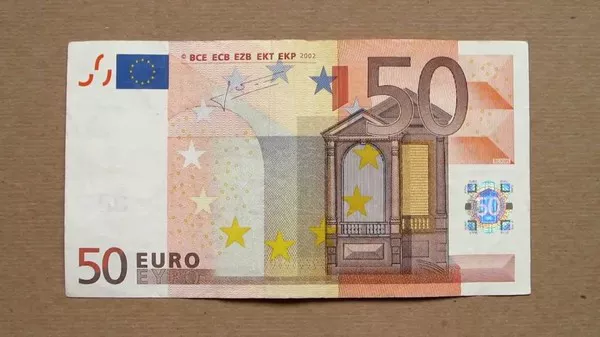The Euro has been a popular currency for a long time, used by many countries in Europe. However, recent economic policies and events have led to speculation about the future of the Euro. This article will examine the current state of the Euro and explore whether it is expected to drop further.
Eurozone Economic Policies
The Eurozone is currently facing several economic challenges that are affecting the stability of the Euro. One of these is the high level of public debt that some member states have accumulated. This has made investors nervous about the ability of these countries to repay their debts, which could lead to a devaluation of the Euro.
Another issue is the high level of unemployment across the Eurozone. Many countries are struggling to create enough jobs to keep up with population growth, which puts a strain on their economies and leads to lower consumer spending. This, in turn, can lead to a drop in the value of the Euro.
Finally, there is the ongoing problem of low inflation rates across the Eurozone. The European Central Bank (ECB) has implemented various monetary policies to try and boost inflation, but so far, these policies have had limited success.
Brexit
The Brexit vote in June 2016 sent shockwaves through the global financial markets. The UK’s decision to leave the European Union created uncertainty about the future of the EU and the Eurozone. Since then, the UK and the EU have been negotiating the terms of their separation, and this has created further instability for the Euro.
One of the main concerns is the impact that Brexit will have on trade between the UK and the EU. If a deal isn’t reached, tariffs could be imposed, which would make goods more expensive and reduce demand for them. This, in turn, would lead to a decrease in the value of the Euro.
US Monetary Policy
The US Federal Reserve’s monetary policy also affects the value of the Euro. When the Fed raises interest rates, it makes the US dollar more attractive to investors, which can lead to a decrease in demand for the Euro. Conversely, if the Fed lowers interest rates, this can make the Euro more attractive to investors and increase its value.
The Fed’s current monetary policy is one of low-interest rates, which has made the Euro more attractive to investors. However, if the Fed decides to raise interest rates in the future, this could lead to a drop in demand for the Euro.
Trade Wars
Trade wars between major economies can also affect the value of the Euro. When countries impose tariffs on each other’s goods, this reduces demand for those goods, which can lead to a decrease in the value of their currencies. This is because investors are less likely to buy currencies associated with countries that are experiencing economic difficulties.
Currently, there is ongoing trade tension between China and the US, as well as between the US and the EU. If these tensions escalate further, they could have a negative impact on global trade and lead to a decrease in the value of the Euro.
Conclusion
In conclusion, there are several factors that could cause the Euro to drop further. The high level of public debt, unemployment, and low inflation rates within the Eurozone are all challenges that need to be addressed. Brexit negotiations and trade wars between major economies could also have a negative impact on the value of the Euro.
However, it’s worth noting that the Euro has proved to be resilient in the face of these challenges in the past. Moreover, the ECB has implemented several measures to stabilize the Euro, such as quantitative easing and negative interest rates. These policies have helped to boost the economy and improve the outlook for the Eurozone.
In summary, while there are potential challenges facing the Euro, it is difficult to predict with certainty whether it will drop further. Investors should continue to monitor economic developments within the Eurozone and around the world to make informed decisions about their investments.


